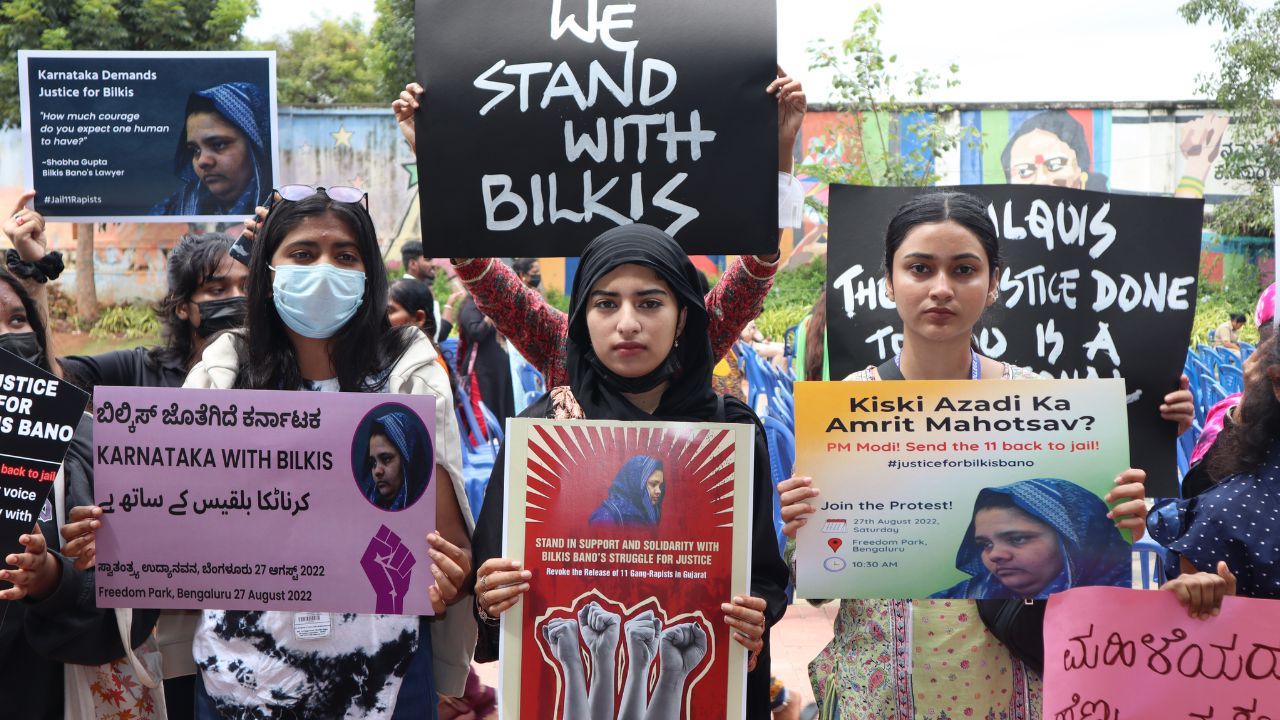In an unusual year-end update of the status of its evaluation of religious freedom in India, the United States Commission for International Religious Freedom on Tuesday said that religious freedom and related human rights in the country are under ongoing threat.
Earlier in 2022, the USCIRF recommended that the US Department of State designate India as a “country of particular concern” for engaging in or tolerating systematic, ongoing, and egregious religious freedom violations, as set forth by the International Religious Freedom Act.
However, the US State Department has refused to incorporate the commission’s recommendations so far.
The US Commission on International Religious Freedom (USCIRF) is a Congressional-appointed body.
Policies and laws targeting particular groups
The report in 2022 said that religious freedom conditions in India remained poor. “During the year, the Indian government at the national, State, and local levels continued to promote and enforce policies, including laws targeting religious conversion, interfaith relationships, and cow slaughter, that negatively affect Muslims, Christians, Sikhs, Dalits and Adivasis,” it said.
The report said the Indian government also continued to suppress critical voices — particularly religious minorities and those advocating on their behalf.
“This was done through surveillance, harassment, demolition of property, arbitrary travel bans, and detention under the Unlawful Activities Prevention Act (UAPA) and by targeting nongovernmental organisations (NGOs) under the Financial Contribution (Regulation) Act (FCRA),” the USCIRF’s report stated.
To exacerbate fears of losing citizenship among Muslims, who lack protection under the 2019 Citizenship (Amendment) Act (CAA), it said the pilot implementation of the proposed National Register of Citizens (NRC) in the state of Assam continued.
The report has also criticised the the Karnataka High Court judgement which upheld the ban on wearing hijabs inside the classroom. “The ruling is likely to further deepen religious tensions in the country,” it said.
Pointing out to the release of convicts in Bilkis Bano gang rape case and the creators of Sulli Deals and Bulli Bai app, it said the “pardoned Hindu nationalists have actively sought to harm religious minorities.”
“In March 2022, the makers of the Sulli Deals and Bulli Bai apps, created to harass Muslim women, listed hundreds for auction accompanied by derogatory and sexual content.”
“On India’s independence day on 15 August this year, 11 convicts serving life sentences for the gang rape of Muslim woman Bilkis Bano and the murder of 14 members of her family including her infant daughter during the 2002 Gujarat riots were pardoned by the Gujarat state government with the approval of the federal government,” it added.
Religious minorities continue to face targeted violence and discrimination for being perceived as a threat to Hinduism, as per the report.
It said, “authorities, including police, at times assist Hindu nationalist vigilante groups.”
Earlier, India had rejected the USCIRF’s observations, terming them as “biased and inaccurate”.
Rabia Shireen is a Staff Reporter at The Cognate.












